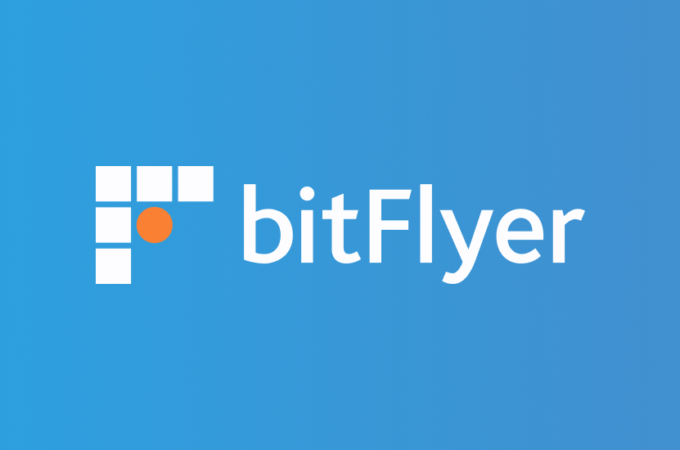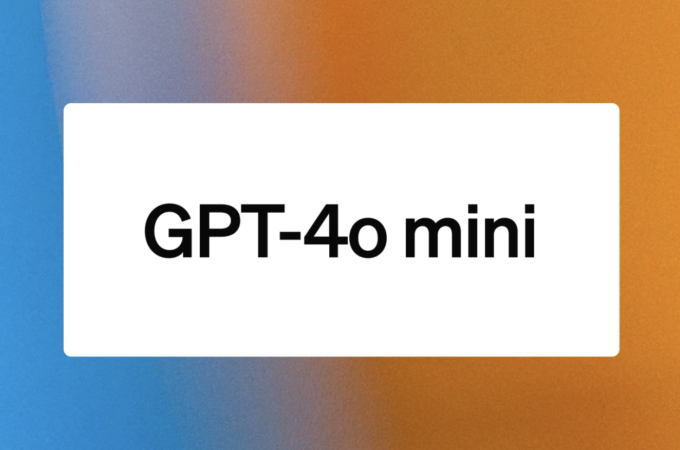
Turkish Online Payment Company And Stripe Competitor Iyzico Closes $6.2 Million Series B
TECHCRUNCH: Turkey’s Iyzico, which provides a platform to let e-commerce sites and other apps easily accept online payments, has raised a $6.2 million Series B. Leading the round is International Finance Corporation (IFC), the World Bank’s investing arm, while Istanbul-based VC 212, Endeavor Catalyst, and Austria’s Speedinvest also participated. The startup has now raised $9.4 million in total since it was founded in 2012.
Initially dubbed the ‘Stripe of Turkey’, in reference to the widely popular San Francisco-based payments company that it counts as a potential competitor, Iyzico says it will use the new capital to expand its research and development team, and “scale its payment technology globally.”
Specifically, the startup is planning to go beyond Turkey and target the Middle East, with the aim to become the leading payments platform in the region. Noteworthy is that neither Stripe nor Rocket Internet’s Stripe-clone Paymill has a local presence in Turkey (or, as far as I can see, the Middle East), a situation Iyzico and its backers believe can be exploited.
“Our goal is to become the Stripe of the region,” says Iyzico CEO Barbaros Ozbugutu in a statement. “It is particularly exciting to work with the IFC – a body with tremendous knowledge and experience in financial tech sector worldwide. Having become the leading payment solution for online businesses and enterprises in Turkey, Iyzico is enthusiastic to take its technology global.”
As I wrote in late 2014 when the company raised its last funding round, it will be interesting to see how long Iyzico can fend off Rocket Internet and Stripe — quite a long time it would seem — should either competitor choose to enter the Turkish/Middle East region. Both markets are becoming increasingly attractive after all (Turkey in particular as disproportionate Internet penetration).
That said, there are not-insignificant regulatory hurdles to cross in Turkey, as well as local market dynamics that are specific to the region as a whole. One potential hurdle is that new regulation will require payment providers in Turkey to apply for a license, including the establishment of local compliant IT infrastructure. That’s very different from European countries that are part of the EU.





